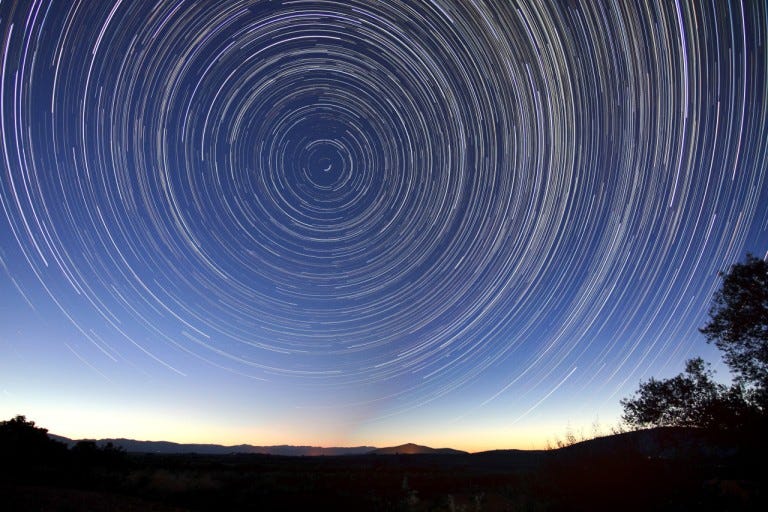The 24-hour Day That Isn't 24 Hours, Did You Know?
Unraveling the Secrets of our 24-Hour Illusion
Hello STEM enthusiasts,
Welcome to another exciting edition of your weekly STEM newsletter, where we uncover fascinating and mind-bending scientific discoveries. This week, we're delving into a topic that affects us all: the 24-hour day. Or, as it turns out, the not-so-24-hour day. That's right, did you know that the Earth actually takes 23h 56m 4.1s to complete one rotation? Keep reading to learn why this is, how it impacts you, and what it means for our timekeeping system.
The Non-24-hour Day
According to a thought-provoking article from Big Think, our days aren't a perfect 24 hours because the Earth doesn't rotate at a constant speed. In fact, it takes about 23 hours 56 minutes, and 4.1 seconds for the Earth to complete one full rotation. The reason? The gravitational interactions between Earth, Moon, and Sun affect the speed at which our planet rotates.
The article explains that Earth's 23h 56m 4.1s rotational period, known as the sidereal day, is only the time it takes for the Earth to spin once on its axis relative to the distant fixed stars. However, because the Earth is orbiting the Sun, it needs an extra 3m 55.9s, amounting to a 24-hour solar day, to complete a rotation relative to the Sun.
Leap Seconds & Timekeeping
Throwing another wrench into our timekeeping is the fact that Earth's rotation isn't consistent due to factors like the Moon's gravitational pull and the Earth's molten core. These variations result in fluctuations in Earth's rotation speed, which we account for by adding "leap seconds." The International Earth Rotation and Reference Systems Service (IERS) is responsible for informing the world when and how many leap seconds are necessary to maintain accurate timekeeping.
Revelations like these remind us that time, as we know it, is a human-made construct designed to make sense of our natural world. Our understanding of time and the Earth's rotation is continuously evolving as we learn more. So the next time you check your watch or set an alarm, remember that our concept of time is a fascinating blend of science, technology, and human ingenuity, which keeps us connected to the cosmos we inhabit.
That's it for this week's edition of our STEM newsletter. We hope you enjoyed this dive into the intriguing world of Earth's rotation and timekeeping. Stay curious, keep exploring, and don't forget to make every (24-hour-ish) day an exciting adventure!




